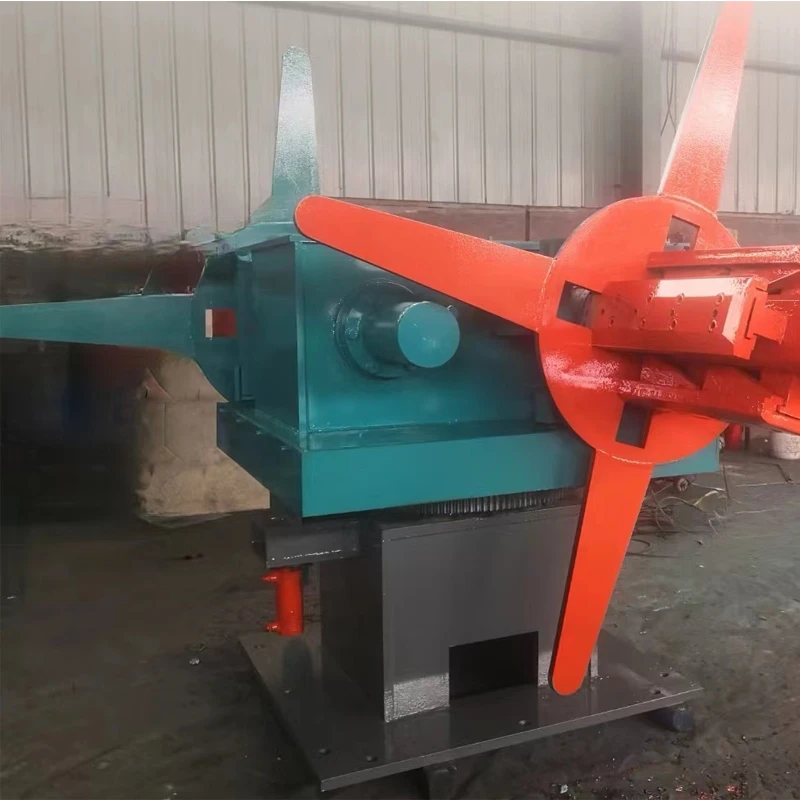agriculture pipe manufacturing machine
Agriculture Pipe Manufacturing Machines A Vital Component in Modern Agriculture
In the realm of modern agriculture, the efficiency of operations and productivity heavily relies on advanced machinery and technology. One of the key players in this sector is the agriculture pipe manufacturing machine. These machines are essential for producing various types of pipes used in irrigation systems, water management, and other agricultural applications. This article explores the significance, functioning, and innovations in agriculture pipe manufacturing machines, showcasing their pivotal role in enhancing agricultural productivity.
The Importance of Agriculture Pipe Manufacturing Machines
Irrigation is the lifeblood of agricultural success, especially in regions susceptible to drought or where rainfall is inconsistent. Efficient water management systems can significantly boost crop yields, and this is where the role of agriculture pipes becomes critical. From transporting water from sources to fields to distributing it evenly across crops, the quality and functionality of pipes directly affect agricultural output.
Agriculture pipe manufacturing machines streamline the production of various types of agricultural pipes, including PVC, PE, and HDPE pipes. These materials are favored due to their durability, resistance to corrosion, and flexibility. The precise manufacturing of these pipes ensures that they can withstand various environmental conditions while maintaining excellent water flow.
How Agriculture Pipe Manufacturing Machines Work
The manufacturing process typically begins with the selection of raw materials. High-quality polymers and additives are chosen based on the specific requirements for the pipes. Agriculture pipe manufacturing machines are equipped with advanced technologies that facilitate the blending, extrusion, and molding of plastic into pipes of various diameters and lengths.
1. Extrusion Process The core of pipe manufacturing involves the extrusion process, where raw plastic materials are melted and forced through a die to form pipes. The extrusion machine operates at controlled temperatures to ensure the optimal flow of materials.
2. Cooling and Sizing After extrusion, the newly formed pipe is rapidly cooled to solidify and retain its shape. Cooling systems, usually comprising water baths or air cooling, are essential to achieve the desired rigidity and strength.
agriculture pipe manufacturing machine

3. Cutting and Finishing Once the pipes have cooled, they are cut to desired lengths. Additional processes may include the addition of fittings, inspection, and quality control checks to ensure that each pipe meets agricultural standards.
4. Packaging Finally, the processed pipes are bundled and packaged for distribution. Efficient packaging techniques reduce waste and optimize storage, ensuring that pipes reach farmers quickly and in perfect condition.
Innovations in Pipe Manufacturing Technology
The agriculture pipe manufacturing industry is not static; it continuously embraces technological innovations to improve efficiency and product quality. Recent advancements include
- Automation Modern agriculture pipe manufacturing machines often incorporate automation and robotics, which result in faster production times, reduced labor costs, and increased precision in pipe dimensions.
- Smart Technology Some manufacturers are integrating IoT (Internet of Things) features into their machines, allowing real-time monitoring of the manufacturing process. This ensures that any discrepancies are promptly addressed, enhancing product quality.
- Sustainability With increasing environmental awareness, manufacturers are focusing on producing eco-friendly pipes. Innovations in recycling processes enable the use of recycled materials in pipe production, reducing the carbon footprint of agriculture.
Conclusion
The significance of agriculture pipe manufacturing machines cannot be overstated. They are not just machines but pivotal contributors to sustainable agriculture and food security. By providing efficient irrigation solutions, these machines help farmers maximize their output while minimizing resource wastage. As technology continues to evolve, we can expect further enhancements in the sophistication of agriculture pipe manufacturing, leading to even more robust and innovative solutions for the farming community. In a world facing climate challenges and food demands, agriculture pipe manufacturing machines stand at the forefront, helping to ensure a more sustainable and productive agricultural future.
-
High Frequency Straight Seam Welded Pipe Production Line|BzZhou Xinghua|Precision Welding&EfficiencyNewsJul.30,2025
-
High Frequency Straight Seam Welded Pipe Production Line - BzZhou Xinghua|Precision Engineering&EfficiencyNewsJul.30,2025
-
High-Frequency Straight Seam Welded Pipe Production Line-BzZhou Xinghua Machinery Equipment Manufacturing Co., LTD.NewsJul.30,2025
-
High-Frequency Straight Seam Welded Pipe Production Line-BzZhou Xinghua Machinery Equipment Manufacturing Co., LTD.|Precision Manufacturing, High EfficiencyNewsJul.30,2025
-
High Frequency Straight Seam Welded Pipe Production Line-BzZhou Xinghua Machinery Equipment Manufacturing Co., LTD.|Precision Steel Pipe Manufacturing&Industrial EfficiencyNewsJul.29,2025
-
High-Frequency Straight Seam Welded Pipe Production Line-BzZhou Xinghua Machinery Equipment Manufacturing Co., LTD.|Precision Steel Pipe Manufacturing&Industrial EfficiencyNewsJul.29,2025


